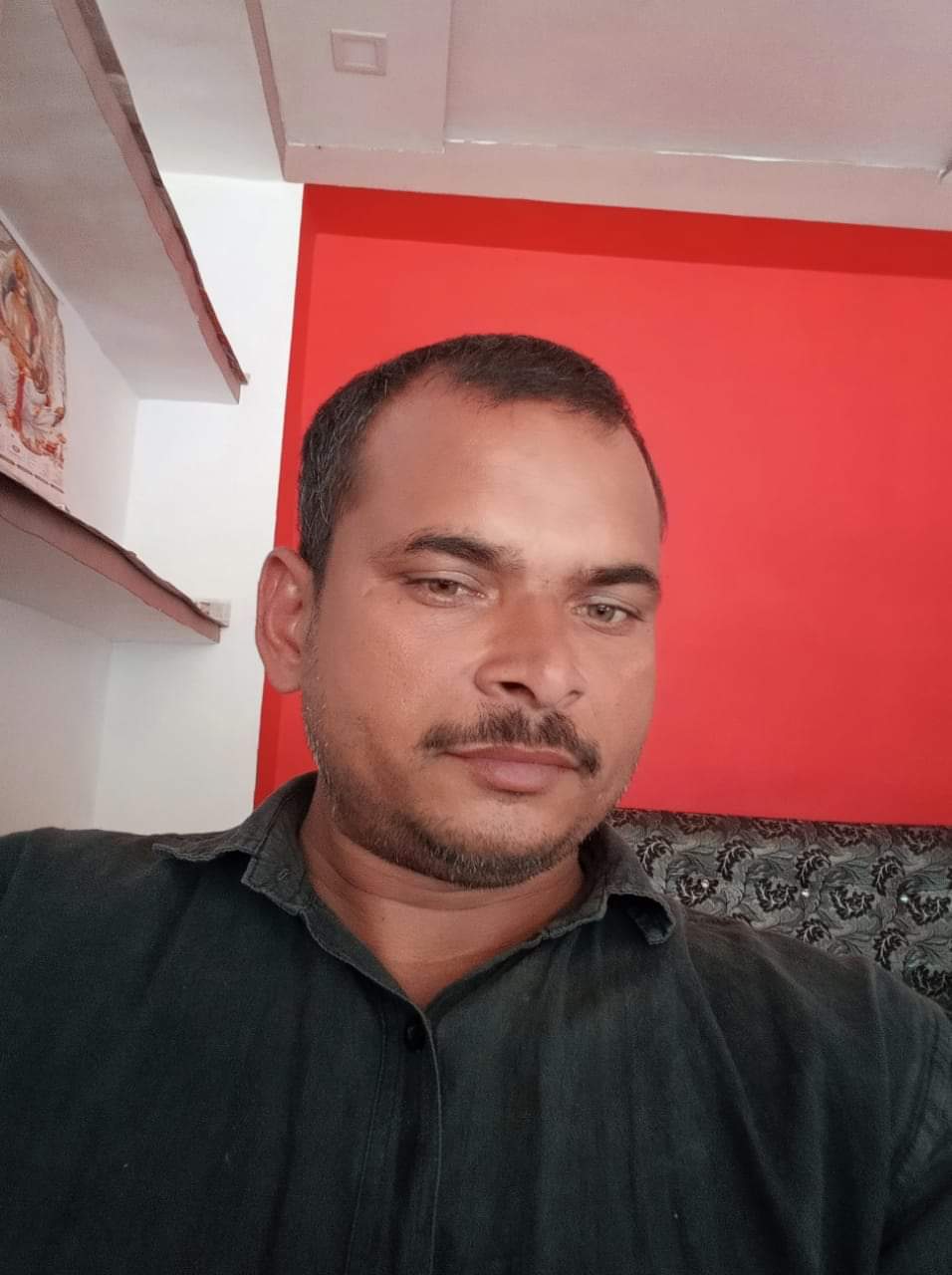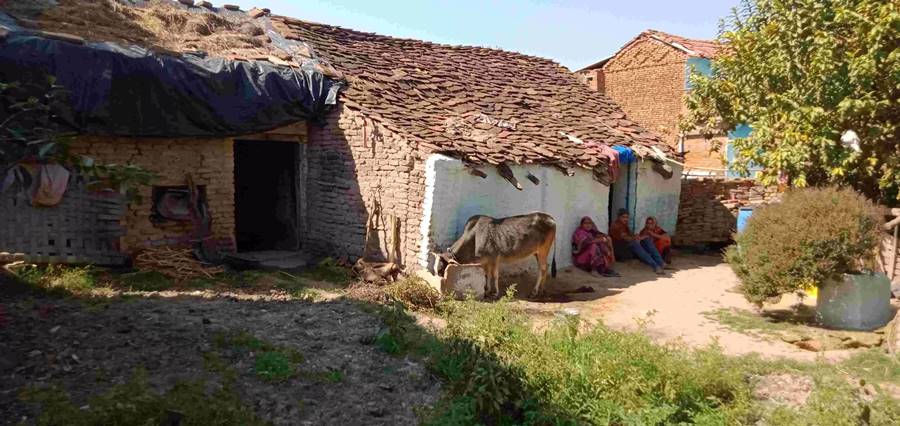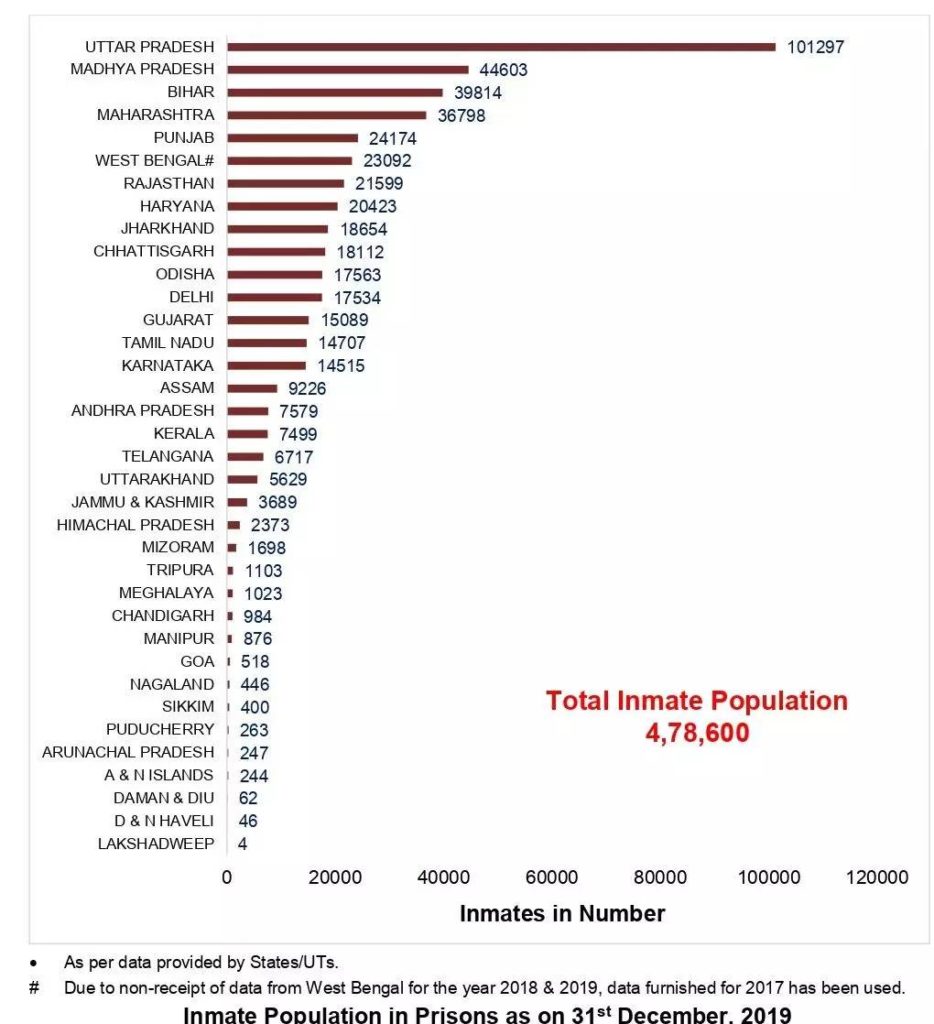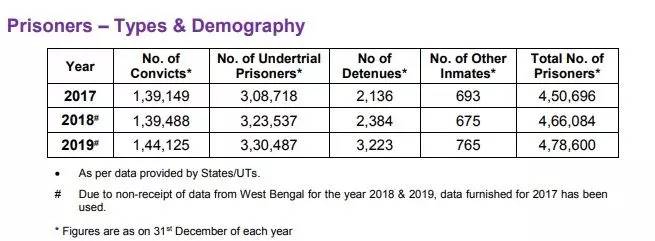Not guilty as charged: 20 years after he was imprisoned for an alleged rape, UP man declared innocent by court
After being arrested in September 2000, Vishnu was neither granted bail nor a parole to attend the funeral of his parents and brothers, which is questionable, said legal experts.


Vishnu had filed an appeal in the high court through the jail superintendent. Going over the plea, the high court found that the allegation of rape was not proved. In picture, Vishnu's house. (Photo: Arvind Singh Parmar)
Vishnu Tiwari has returned home to Mahamai temple street in Silawan village, Lalitpur, Uttar Pradesh. It has been 20 years since he has been home from prison, first in Lalitpur and then in Central Prison, Agra. He has been serving a sentence since 2000.
He was jailed after a woman accused him of rape. In 2003, the sessions court sentenced him to life imprisonment on charges of rape and under the Scheduled Castes and Tribes (Prevention of Atrocities) Act, 1989.
But on January 28 this year, the Allahabad High Court declared Vishnu to be innocent and allowed him to walk free. It also rapped the state government for wrongly incarcerating him for so many years. A bench comprising Justices K J Thakkar and Gautam Chaudhary said that it was unfortunate that an ‘innocent’ person had spent two decades in jail.
Vishnu had filed an appeal in the high court through the jail superintendent. Going over the plea, the high court found that the allegation of rape was not proved. There was no evidence of assault in the medical report of the victim who was five months pregnant at the time of the alleged rape, and the victim’s husband and father-in-law had lodged the report three days after the incident. The Allahabad High Court, during the hearing, found that the sessions court, Lalitpur, had passed a wrong verdict without considering the evidence and so ordered the immediate release of the accused Vishnu, as the charge of sexual misconduct against him was not proved.
The court also directed the secretary of law in Uttar Pradesh to ask all the district magistrates to send to the state government, recommendations of release of prisoners who are serving life imprisonment for 10 to 14 years, even if their appeal against the sentence is under consideration.
Justice delayed is justice denied
“It ruined everything for us,” Mahadev Tiwari, younger brother to Vishnu, told Gaon Connection. According to him, his older brother could not even perform the final rites of his parents and two other siblings. He added that even their ancestral land was sold.

After being arrested in September 2000, Vishnu was neither granted bail nor even a parole to attend the funeral of his parents and brothers, which is questionable, said legal experts.
Further even after 14 years of imprisonment (minimum number of years considered compulsory for a convict serving life imprisonment), the state government did not consider his release.
“The central and state governments have special powers under the law,” Rameshwar Prasad Choubey, former chairperson and senior advocate, Mehroni Bar Association in Lalitpur, told Gaon Connection. “They can consider the release of those prisoners who have served ten to fourteen years,” he explained. As per Article 161 of the Constitution, the governor of the state also has the power of clemency in such cases, he pointed out. “In such cases, the government should exercise its powers consciously,” he added.
“I have not gone through the judgement properly and have not even seen a copy of the FIR so I really cannot comment on it but if there is a prisoner awaiting justice for 20 years in jail, it is unlawful,” Seema Mishra, senior advocate, told Gaon Connection. “The government has been negligent in this regard and I totally agree with the court’s order in the case. There would be so many such cases,” she said.
According to the National Crime Records Bureau (NCRB) data, 478,600 people were imprisoned in jails across the country till 31 December 2019. Uttar Pradesh had the highest number of prisoners at 101,297, filling its prisons. According to statistics, 207,942, or 43.4 per cent prisoners were 18 to 30 years old, while 207,104 prisoners were between 30 and 50 years of age.
“Our system lacks accountability,” remarked IB Singh, senior advocate of the High Court. He said he had filed a writ petition during COVID-19 that those who are jailed for 14 years should be released. This petition is pending, said Singh and added, “I do not remember that an investigating officer has ever been punished for improper investigation.”
Meanwhile, Vishnu is back to a house full of memories of his life before his imprisonment. He had lived there with his parents and brothers. Today, his parents and two of his brothers are no more.
“My mother-in-law passed away heartbroken. She died without meeting him,” lamented 55-year-old Sushma Tiwari, Vishnu’s sister-in-law, adding that the village community had shunned their family.
“The villagers didn’t allow us to take up any work, our family was plunged into debt,” Satya continued. He works as a porter at the Silawan village bus stand.
Vishnu’s father passed away seven years ago and thereafter, only Mahadev had met Vishnu in Agra jail about two years ago. It was only then that the news of his father’s death was conveyed to him.
“We had no money, how could we visit him that often,” asked Mahadev. The family’s land was sold.
“When my elder brother entered the prison, he was barely 17-18 years old,” recalled Mahadev, who lamented a lifetime was lost in the 20 years Vishnu spent locked up. With his return, the family members hope that they will be reinstated in the eyes of their fellow villagers and all those who had looked on them with disgust.


